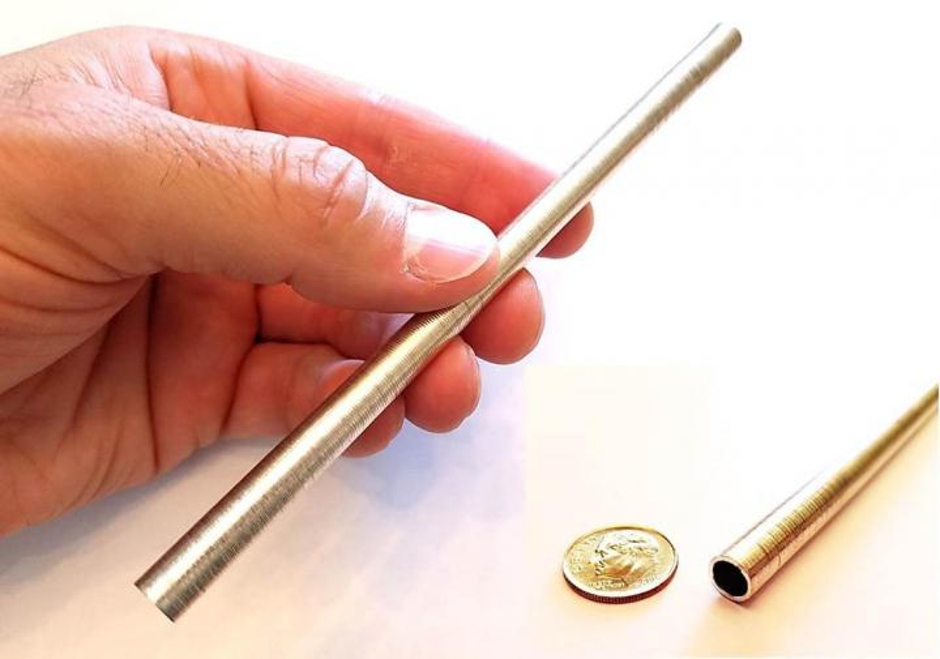Extrusion process pushes magnesium into structural components
A new extrusion process could make it more feasible for the automotive industry to incorporate magnesium alloys into structural components.

Magnesium is 75 per cent lighter than steel, 33 per cent lighter than aluminium and is the fourth most common element on Earth behind iron, silicon and oxygen. Despite its light weight and natural abundance, the metal requires rare elements such as dysprosium, praseodymium and ytterbium to give it the requisite strength demanded in structural components.
Initial research, described recently in Materials Science and Engineering A, and Magnesium Technology, found the Pacific Northwest National Laboratory (PNNL)-developed process greatly improves the energy absorption of magnesium by creating novel microstructures which are not possible with traditional extrusion methods. It is also claimed to improve the material’s ductility.
"Today, many vehicle manufacturers do not use magnesium in structural locations because of the two Ps; price and properties," said principal investigator and mechanical engineer Scott Whalen. "Right now, manufacturers opt for low-cost aluminium in components such as bumper beams and crush tips. Using our process, we have enhanced the mechanical properties of magnesium to the point where it can now be considered instead of aluminium for these applications - without the added cost of rare-earth elements."
Register now to continue reading
Thanks for visiting The Engineer. You’ve now reached your monthly limit of news stories. Register for free to unlock unlimited access to all of our news coverage, as well as premium content including opinion, in-depth features and special reports.
Benefits of registering
-
In-depth insights and coverage of key emerging trends
-
Unrestricted access to special reports throughout the year
-
Daily technology news delivered straight to your inbox










Water Sector Talent Exodus Could Cripple The Sector
Well let´s do a little experiment. My last (10.4.25) half-yearly water/waste water bill from Severn Trent was £98.29. How much does not-for-profit Dŵr...